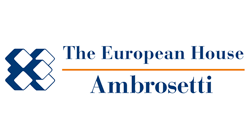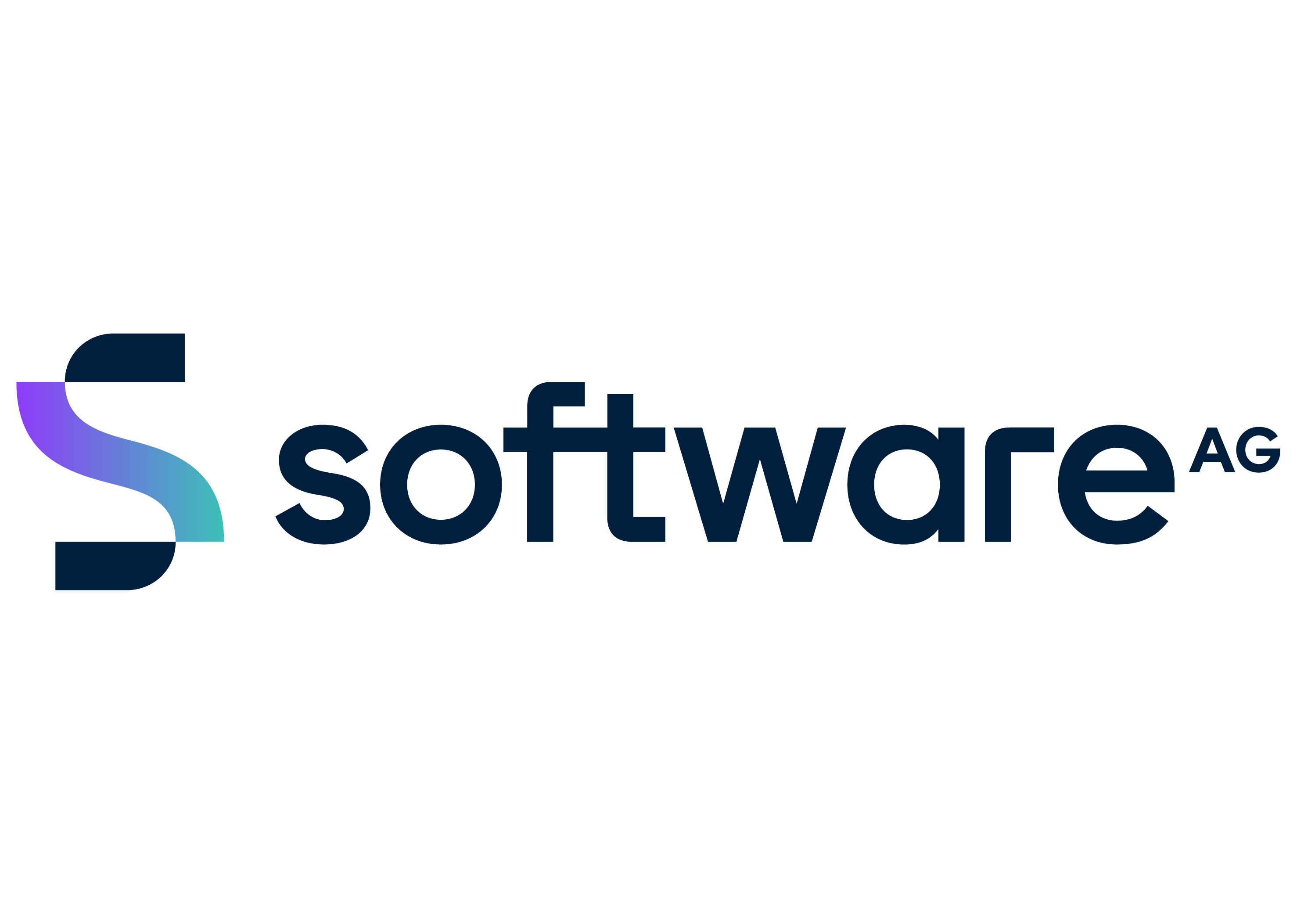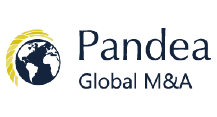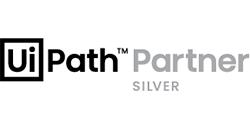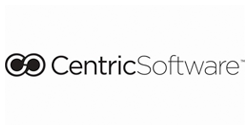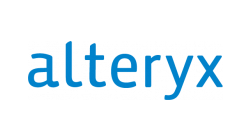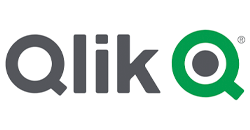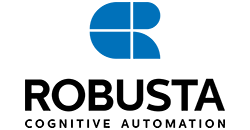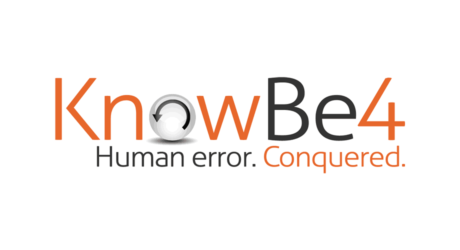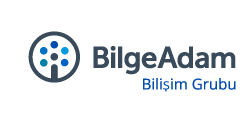
NEXT GENERATION TRAININGS
Lean Thinking
The main purpose of Lean Thinking is to deliver the value to the final customer rapidly by flowing it continuously throughout the value creation process, starting from the first raw material. In order to achieve this, it is necessary to look at the entire value chain with integrity, eliminate waste and direct all activities towards creating excellent value for the customer.
In Lean Thinking, waste is anything that does not offer any benefit to the user of the product or service beyond its known meaning, and that the customer will not accept to pay extra. Reducing costs, increasing customer satisfaction, gaining flexibility to adapt to market conditions, accelerating cash flow by eliminating all kinds of waste (errors, overproduction, stocks, waiting, unnecessary works, unnecessary movements, unnecessary transportation) in all product/service creation stages from design to shipment. with the aim of increasing the profitability of the company.
With Lean Thinking practices, when waste in the system is constantly reduced and resources are directed to create more value, not only will the profitability and competitiveness of companies increase, but also customers can procure more suitable, higher quality, cheaper products and services. When this chain spreads to all sectors and all fields of activity, it contributes to the increase of social wealth.
Design Thinking
“Design Thinking” is a method that provides fast and innovative solutions to these needs based on people and their needs.
The Design Thinking principle, which touches all end-to-end processes such as efficient use of resources, bringing products to market as quickly as possible, and developing the right products for the right customer group, is based on user insight and feedback. In recent years, its use has become widespread, especially in the world's most innovative companies.
Agile Thinking
Agile is the flexibility, capacity and ability to respond to change and improve in order to be successful even in an uncertain environment.
Agile;
- Ability to respond quickly to change
- Ability to form self-organizing and cross-functional teams
- Instead of waiting for projects to be completed as a whole, they want to go to market as value-producing and testable pieces.
- Not compromising on quality from each delivered project piece.
- Focus on creating value for the customer
- Increasing employee happiness
- To create a culture that is constantly evolving and adopting all of these as an approach and form of action.
- It is an approach based on increasing communication and transparency. Agility can be expressed as a skill, approach and culture that can only be gained with practice.

 English
English
 Turkish
Turkish
